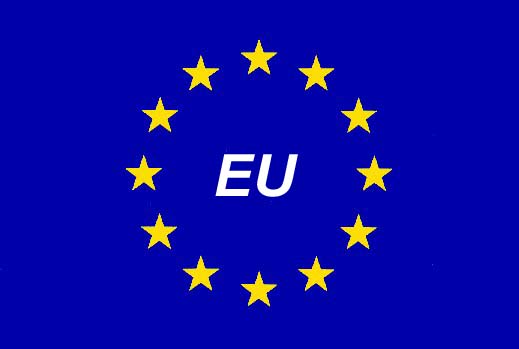Cypriot leaders to begin talks on EU issues next week
 Athens/Nicosia - Rival leaders seeking a solution to reunify the divided Mediterranean island of Cyprus will begin discussion of European Union issues next week, United Nations officials said Thursday.
Athens/Nicosia - Rival leaders seeking a solution to reunify the divided Mediterranean island of Cyprus will begin discussion of European Union issues next week, United Nations officials said Thursday.
Greek Cypriot President Dimitris Christofias and Turkish Cypriot leader Mehmet Ali Talat completed weeks of talks in the settlement of the property issue, which includes the exchange of properties, compensation and how properties might be returned.
"They have now referred the matter (on property) to the representatives to consider, in tandem with other issues, including governance and confidence building measures," said Special Representative of the UN Secretary General Taye-Brook Zerihoun.
He said the two leaders would move on to EU matters in their next meeting on March 11.
Turkish Cypriots are proposing to exchange or compensate properties belonging to Greek Cypriots situated in its territory and to return them under certain conditions. The Greek Cypriot government, however, argues that the property decision is one that should be made by the owners.
The eastern Mediterranean island has been split since 1974 into a Greek Cypriot south and Turkish Cypriot controlled north. Turkey invaded the northern third of Cyprus in response to a short-lived coup initiated by the military junta then ruling Greece.
At the time, 160,000 Greek Cypriots and 40,000 Turkish Cypriots were uprooted from their settlements and forced to seek shelter in opposite ends of the island.
This has led to property disputes where thousands of individuals stake a claim to land and homes seized decades ago.
Despite the enthusiasm that greeted a new round of UN-led direct negotiations in September following a four-year stalemate, weekly talks between Christofias and Talat failed to produce a breakthrough in 2008.
Although a settlement has been thwarted for decades, mediators are optimistic that Christofias and Talat will broker a deal within the year. Any deal will need to be approved by Cypriots in separate, simultaneous referendums.
The two sides have agreed in principle to a settlement based on a federation, but the Turkish Cypriots want a loose federation, while the Greek Cypriots want a stronger central government and more limited regional powers which will prevent the island falling back into partition.
There is disagreement on whether a bi-zonal federation would permit free movement or try to enforce the ethnic majorities in the north and the south.
The ongoing conflict in Cyprus also threatens Turkey's aspirations of joining the EU. Ankara started EU entry talks in 2005, but the Cyprus problem has proved one of the main stumbling blocks in negotiations. (dpa)